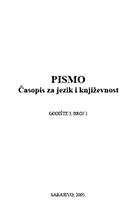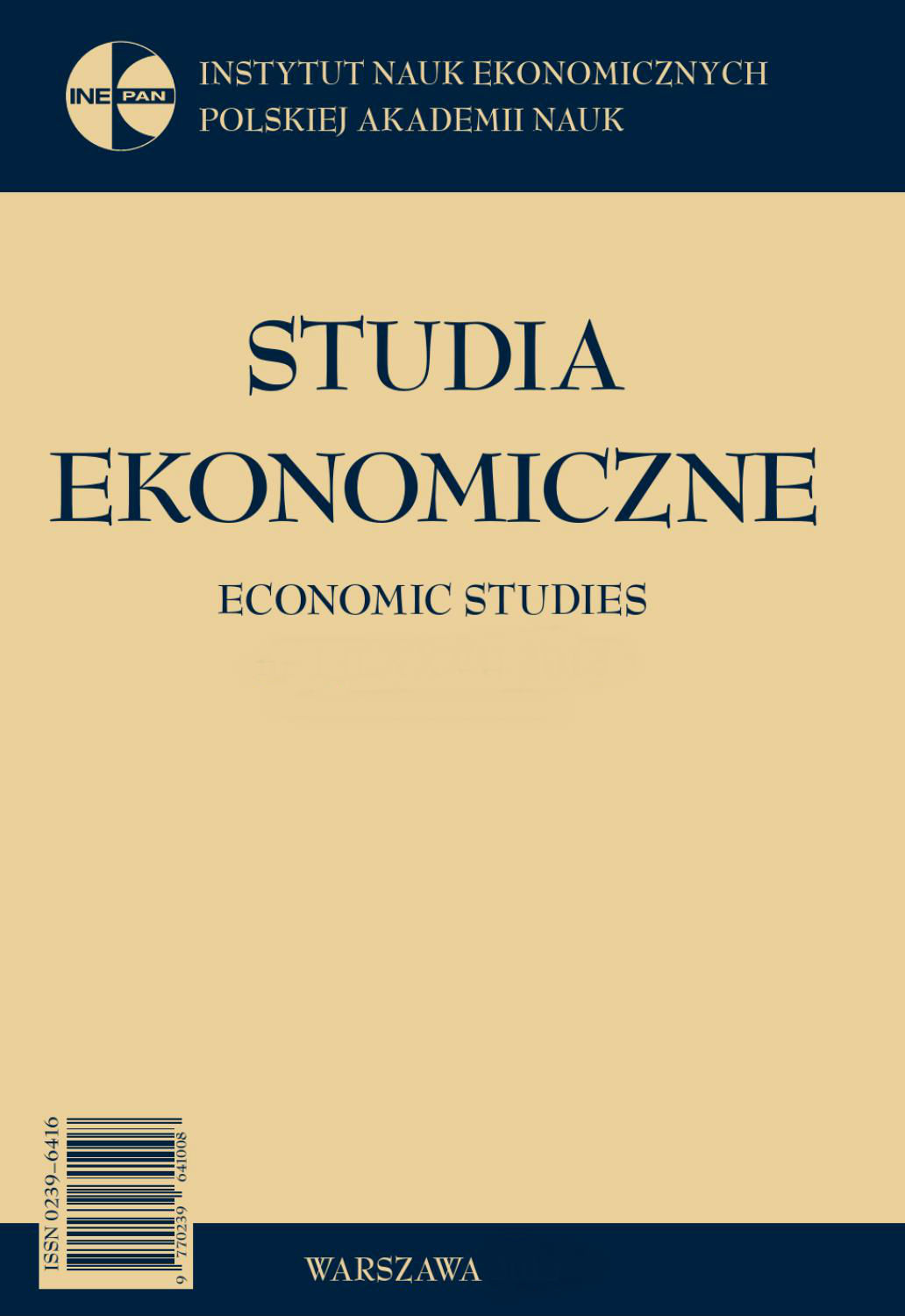
The Means of Rendering the English Present Perfect in Bosnian/Croatian/Serbian
The Means of Rendering the English Present Perfect in Bosnian/Croatian/Serbian
Keywords: point of reference (R); point of event (E); point of speech (S); indefinite present perfect; continuative present perfect
Having no one-to-one equivalent to the English present perfect, Bosnian/ Croatian/Serbian has to employ two of its tenses – present and perfect – to render it, meaning that the English present perfect must, and indeed can, be split into two (fairly independent) components. The indefinite present perfect, whose point of reference (R) encompasses a period stretching from an indefinite point in the past (E) towards the present but excludes the point of speech (S), is best rendered by the B/H/S perfect tense. The continuative present perfect, referring to the period from either specified or unspecified E and including S is, in turn, best rendered by the B/H/S present tense.
More...
